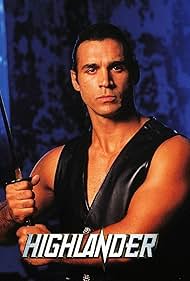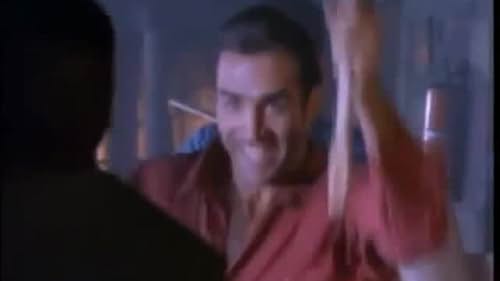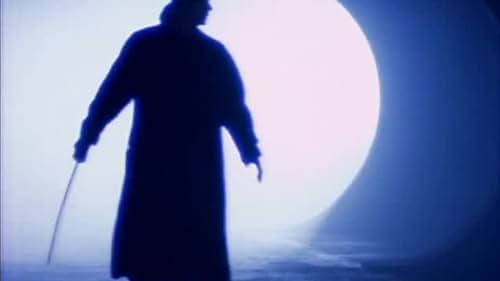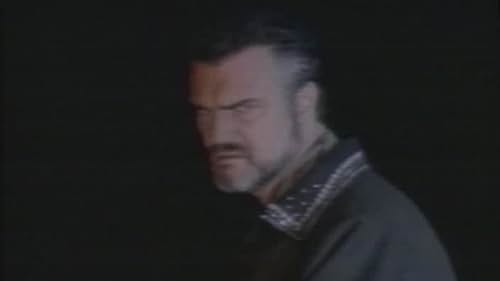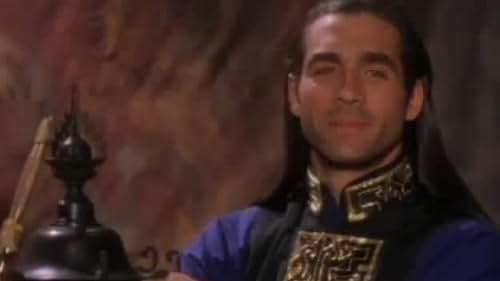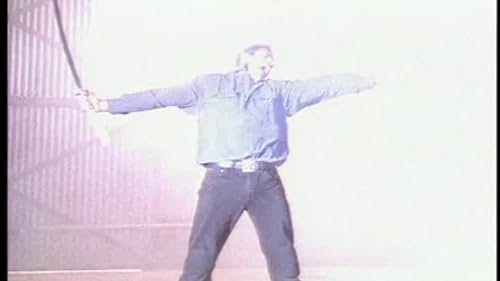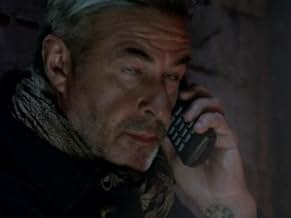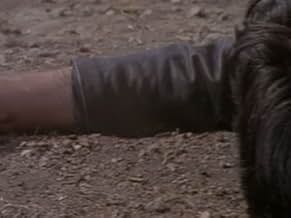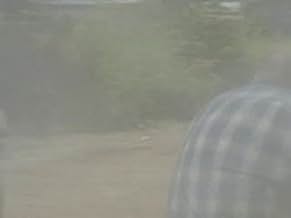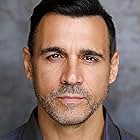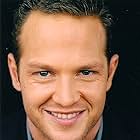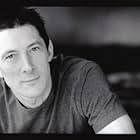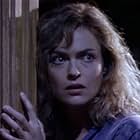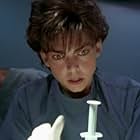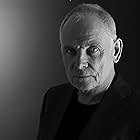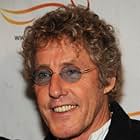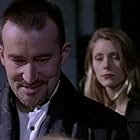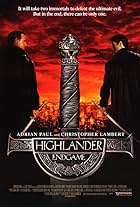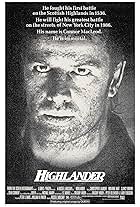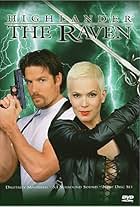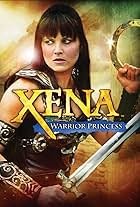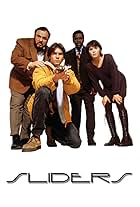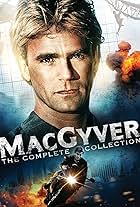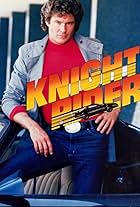Duncan MacLeod is Immortal, and must live in modern society, concealing his true nature while fighting other Immortals.Duncan MacLeod is Immortal, and must live in modern society, concealing his true nature while fighting other Immortals.Duncan MacLeod is Immortal, and must live in modern society, concealing his true nature while fighting other Immortals.
- Awards
- 15 nominations
Browse episodes
Storyline
Did you know
- TriviaChristopher Lambert originally asked for just $50,000 to appear in the pilot, but one of the French investors protested it was too much money and had him written out. This made the German investors threaten to withdraw, so he was put back in. But he'd gotten annoyed by the situation so he refused and as a result he was eventually paid $500,000 for 3 days of work.
- Alternate versionsThe European-broadcast versions of all episodes were 4 minutes longer than the original US airings (rebroadcasts on USA network have further cuts).
- ConnectionsFeatured in Making of 'Highlander: The Series' (1992)
Featured review
Your average Highlander"-fan had a hard time deciding whether a series following two sequels to the original movie: having watched the abominable "Highlander: The Sorcerer" and "Highlander: The Quickening", arguably one of the worst movies ever produced, had left scars and had made the fan suspicious.
And how could one not have watched the pilot, knowing that Christopher Lambert would reprise his role as Connor McLeod, introducing the series leading man, Duncan McLeod (Adrian Paul)? The first seasons were slightly tedious, being too TV-ish and, apparently, produced in auto-mode: a few flashbacks in time, Duncan battling (and eventually beheading, though always TV-compatible; no blood, no gore) another immortal; Duncan's relationship with Tessa, etc. Often Adrian Paul's sidekicks, namely Richie (Stan Kirsch) and Amanda (Elizabeth Gracen) would become tedious but casting Adrian Paul – although it's unlikely that the actor will ever score an Oscar – compensating for a lot, him having a similar amiable acting style to the original Highlander, Christopher Lambert. By the end of the second season, story lines became more concrete, interesting and the guest-stars more selected – to name just a few, Roger Daltrey, Kabir Bedi, Werner Stocker, hey, even Roland Gift, singer of the "Fine Young Cannibals", played an immortal.
It may not matter to the general viewer, but what has bothered many-a more 'fanatic' fan, is the fact that the series kept altering the "Highlander"-canon: there are female immortals (not being chauvinistic, but such it was in the original film), the "Quickening" was no longer about the assembling of the last immortals, but simply a prize, which one immortal from each generation could win; the immortals actually died for a while when being 'killed', then returned to life, while the immortals in "Highlander" never died, may they be underwater, having their throats cut or being crushed by elevators. Or take the concept of 'The Watchers', even though Sean Connery assured us that, "no one hash ever known we were among you....until now". But how else to keep a long-running TV-series running, without adding or changing something in the storyline? All in all, one was saddened when the series finally came to an end, having gotten fond of the characters and willing to watch a few more episodes. It was a good seven year run, definitely worth watching, even if you've skipped the last three installments of the "Highlander" movie-franchise.
Overall, a good 7 points from 10.
And how could one not have watched the pilot, knowing that Christopher Lambert would reprise his role as Connor McLeod, introducing the series leading man, Duncan McLeod (Adrian Paul)? The first seasons were slightly tedious, being too TV-ish and, apparently, produced in auto-mode: a few flashbacks in time, Duncan battling (and eventually beheading, though always TV-compatible; no blood, no gore) another immortal; Duncan's relationship with Tessa, etc. Often Adrian Paul's sidekicks, namely Richie (Stan Kirsch) and Amanda (Elizabeth Gracen) would become tedious but casting Adrian Paul – although it's unlikely that the actor will ever score an Oscar – compensating for a lot, him having a similar amiable acting style to the original Highlander, Christopher Lambert. By the end of the second season, story lines became more concrete, interesting and the guest-stars more selected – to name just a few, Roger Daltrey, Kabir Bedi, Werner Stocker, hey, even Roland Gift, singer of the "Fine Young Cannibals", played an immortal.
It may not matter to the general viewer, but what has bothered many-a more 'fanatic' fan, is the fact that the series kept altering the "Highlander"-canon: there are female immortals (not being chauvinistic, but such it was in the original film), the "Quickening" was no longer about the assembling of the last immortals, but simply a prize, which one immortal from each generation could win; the immortals actually died for a while when being 'killed', then returned to life, while the immortals in "Highlander" never died, may they be underwater, having their throats cut or being crushed by elevators. Or take the concept of 'The Watchers', even though Sean Connery assured us that, "no one hash ever known we were among you....until now". But how else to keep a long-running TV-series running, without adding or changing something in the storyline? All in all, one was saddened when the series finally came to an end, having gotten fond of the characters and willing to watch a few more episodes. It was a good seven year run, definitely worth watching, even if you've skipped the last three installments of the "Highlander" movie-franchise.
Overall, a good 7 points from 10.
- t_atzmueller
- Feb 15, 2012
- Permalink
Details
- Release date
- Countries of origin
- Official sites
- Language
- Also known as
- Los inmortales
- Filming locations
- Production companies
- See more company credits at IMDbPro
Contribute to this page
Suggest an edit or add missing content

